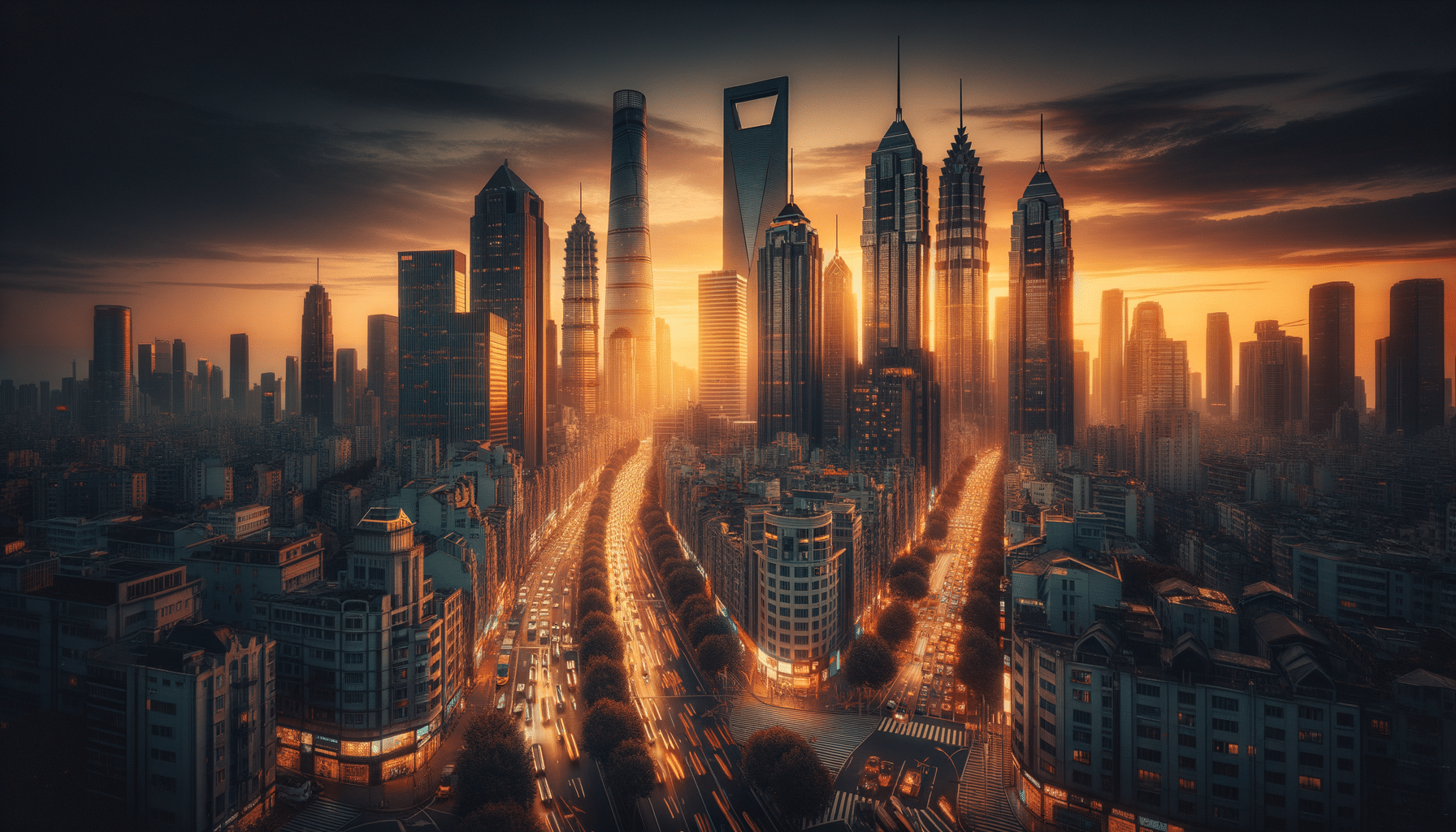
Exploring Economy: Global economic trends and forecasts.
Introduction to Global Economic Trends
In an ever-evolving world, understanding global economic trends is essential for businesses, policymakers, and individuals alike. These trends offer insights into the shifting dynamics of economies across the globe, highlighting opportunities and challenges that may arise. From technological advancements to shifts in consumer behavior, numerous factors shape the economic landscape. By examining these trends, we can better anticipate changes and make informed decisions that align with future projections.
Global economic trends are influenced by various elements, including political decisions, environmental events, and demographic shifts. For instance, the rise of digital technology has transformed industries, leading to increased productivity and new business models. At the same time, environmental concerns have prompted a shift towards sustainable practices, impacting economic policies and consumer preferences. Understanding these trends is crucial for navigating the complexities of the modern economy.
Technological Advancements and Economic Impact
Technological advancements have been a driving force behind economic growth and transformation. The integration of digital technologies has revolutionized industries, creating new opportunities and challenges. Automation and artificial intelligence, for example, have increased efficiency and productivity across various sectors, from manufacturing to services. However, these advancements also raise concerns about job displacement and the need for upskilling the workforce.
Moreover, the proliferation of e-commerce and digital platforms has reshaped consumer behavior, influencing how businesses operate and compete. The convenience and accessibility of online shopping have led to a significant shift in retail dynamics, with traditional brick-and-mortar stores adapting to meet changing consumer demands. As technology continues to evolve, businesses must stay agile and innovative to remain competitive in this rapidly changing environment.
- Automation and AI: Enhancing productivity while posing workforce challenges
- E-commerce: Reshaping consumer behavior and retail dynamics
- Digital platforms: Influencing business operations and competition
Environmental Concerns and Economic Policies
Environmental concerns have become a central focus in shaping economic policies worldwide. The growing awareness of climate change and its impact has prompted governments and businesses to adopt sustainable practices. This shift towards sustainability has led to the emergence of green technologies and renewable energy sources, driving economic growth in new sectors.
Policies promoting environmental sustainability are influencing investment decisions and shaping market dynamics. Businesses are increasingly recognizing the importance of integrating sustainability into their operations, not only to comply with regulations but also to meet consumer expectations. This trend towards sustainability is reshaping industries, creating opportunities for innovation and growth in areas such as clean energy, sustainable agriculture, and eco-friendly products.
- Green technologies: Driving economic growth in new sectors
- Renewable energy: Influencing investment decisions and market dynamics
- Sustainability: Creating opportunities for innovation and growth
Conclusion: Navigating the Future Economy
As we navigate the complexities of the global economy, understanding the trends and forecasts is crucial for making informed decisions. Technological advancements, environmental concerns, and shifting consumer behaviors are continuously shaping the economic landscape, presenting both challenges and opportunities. By staying informed and adaptable, businesses, policymakers, and individuals can leverage these trends to drive growth and innovation.
In conclusion, the importance of finance in everyday life cannot be understated. It plays a pivotal role in understanding economic trends and making strategic decisions that align with future projections. By embracing change and fostering innovation, we can build a resilient and sustainable economy that meets the needs of the present and the future.


